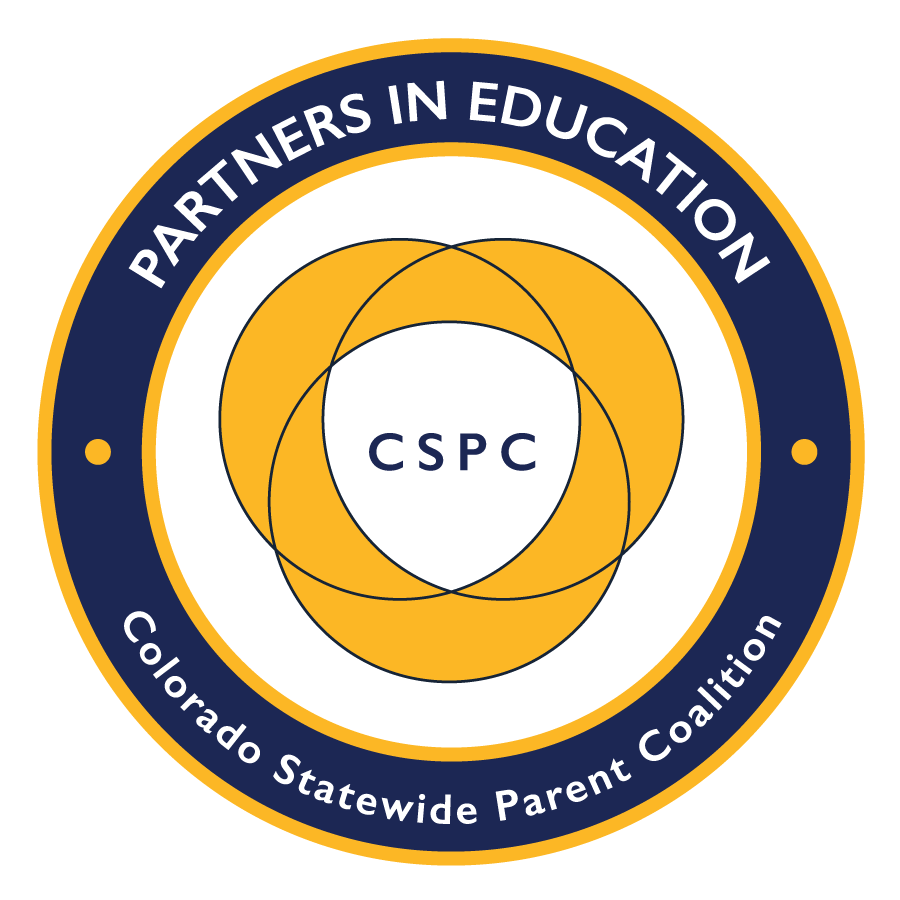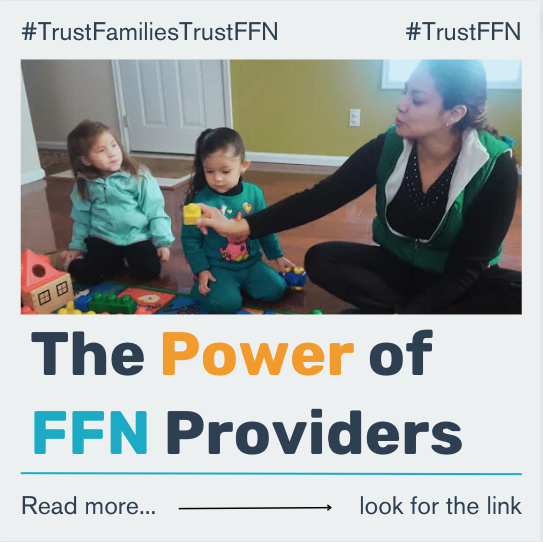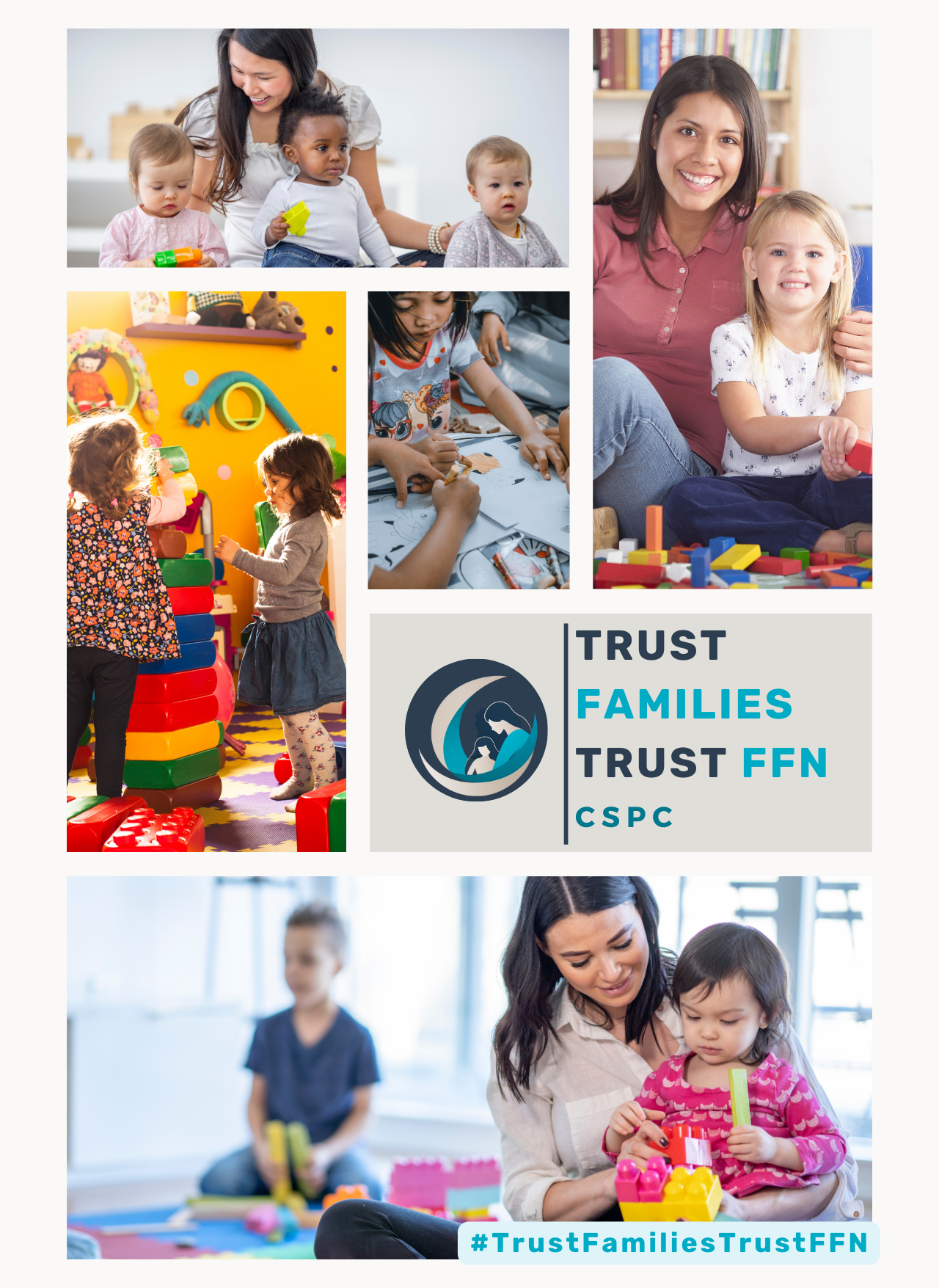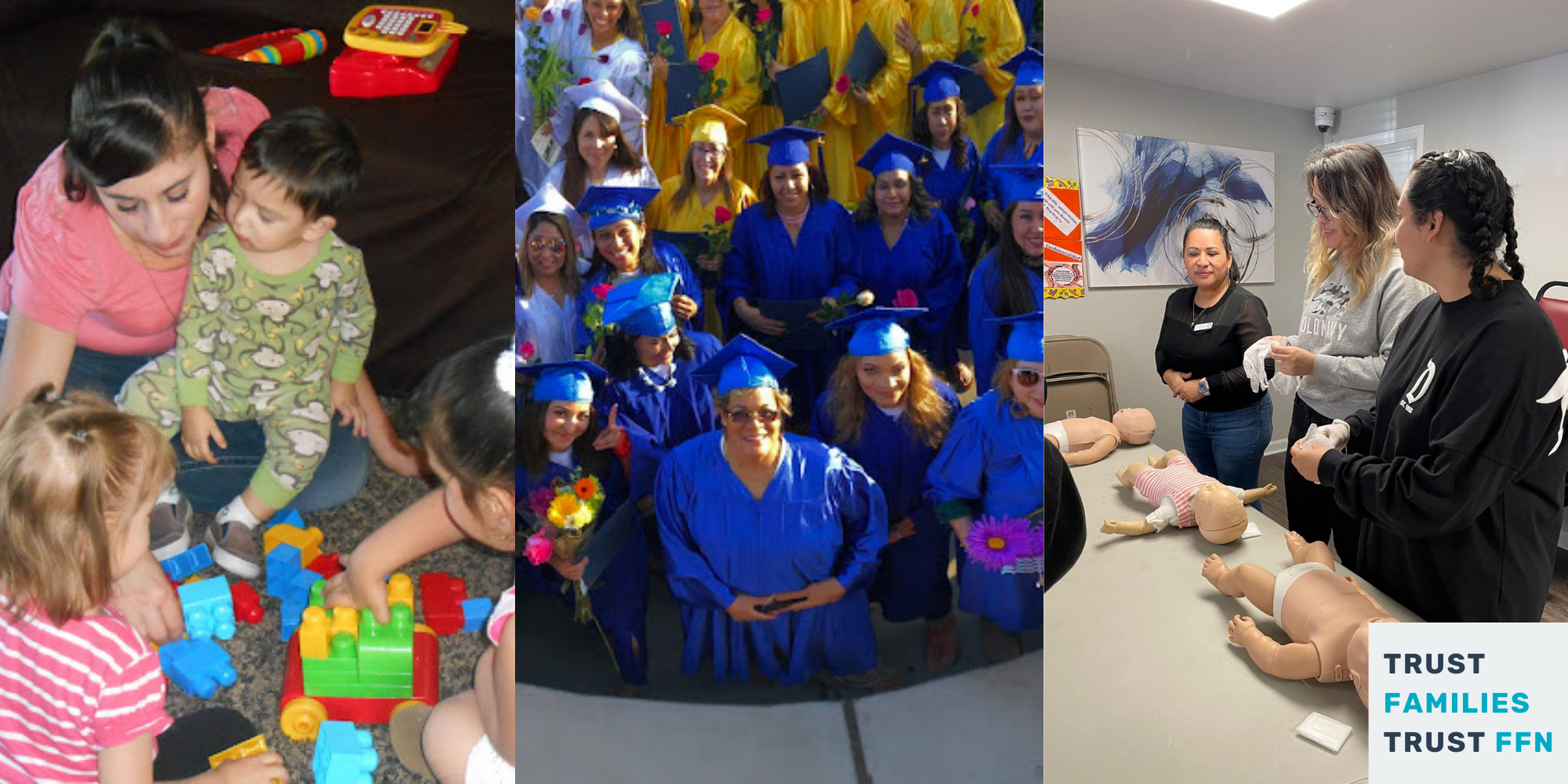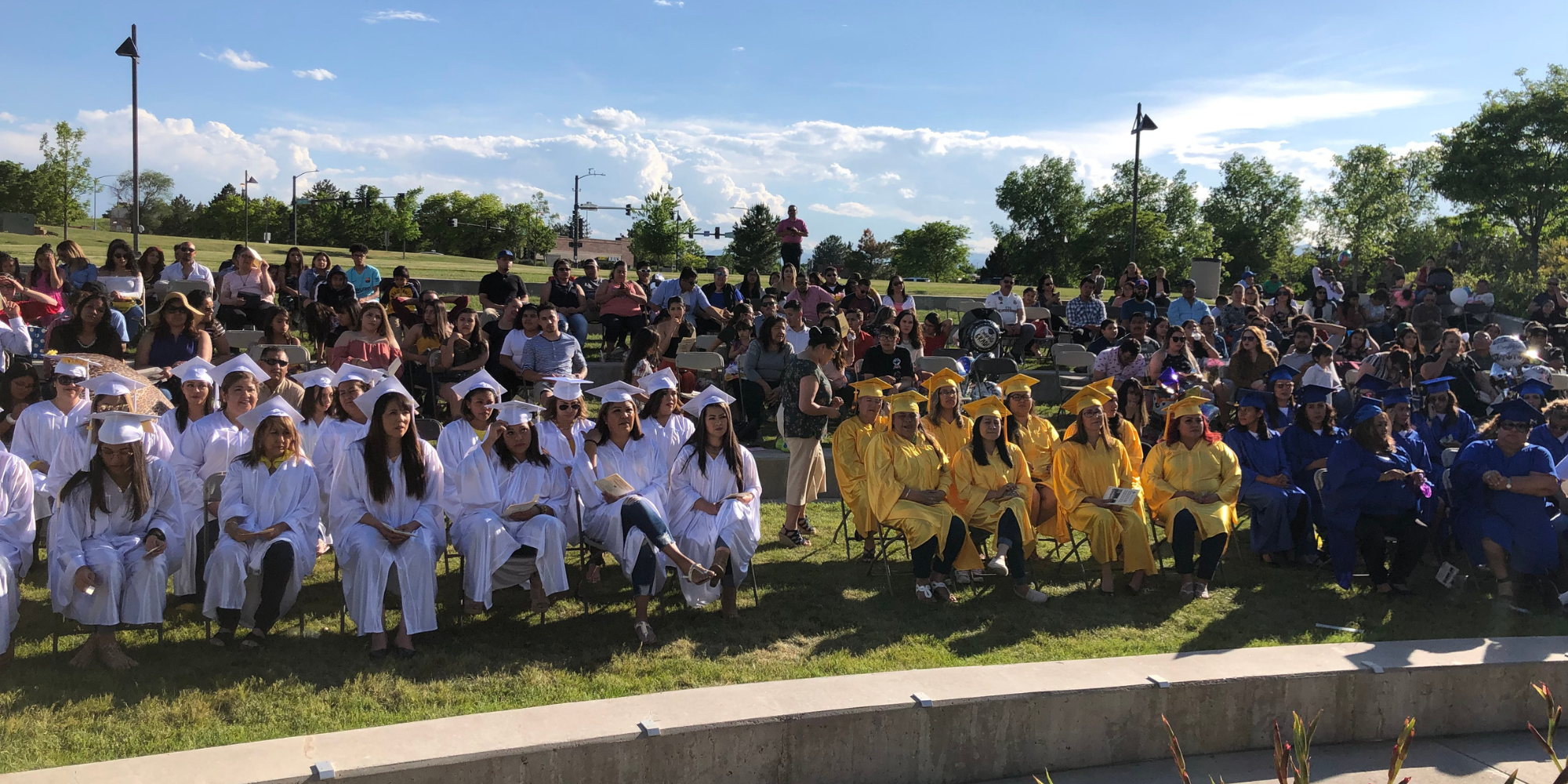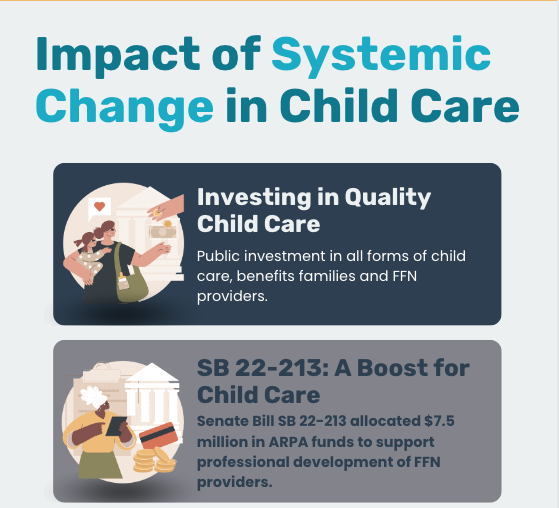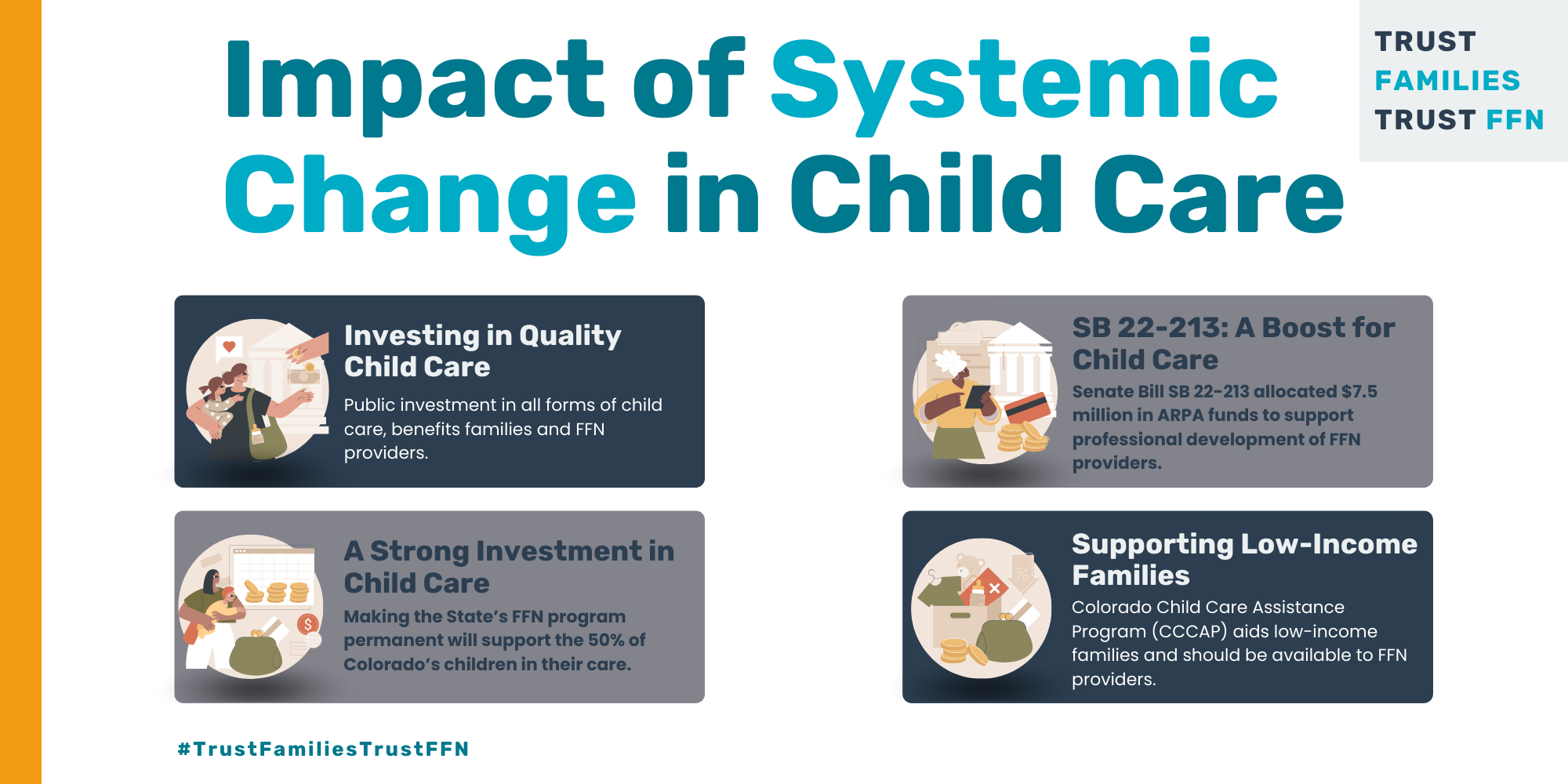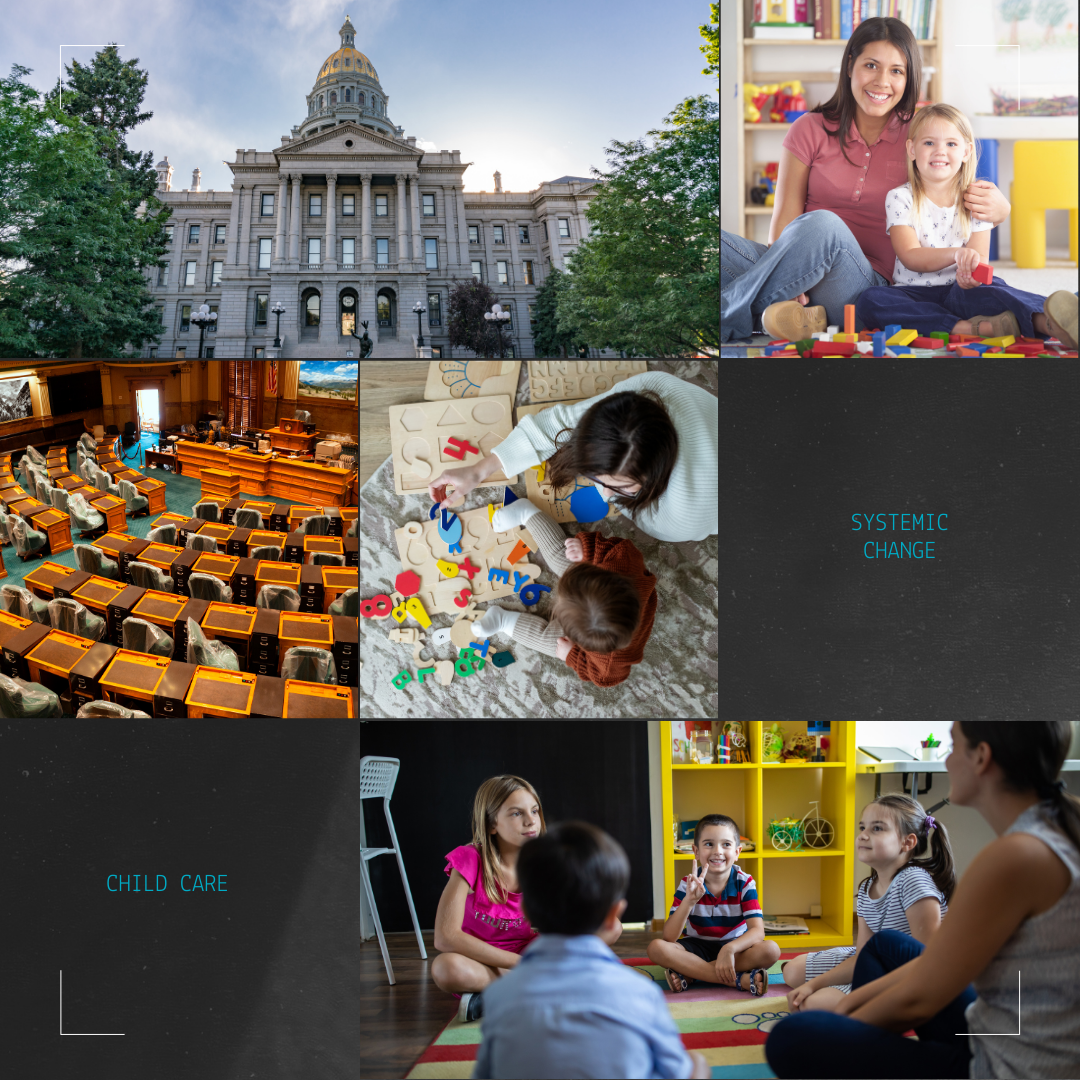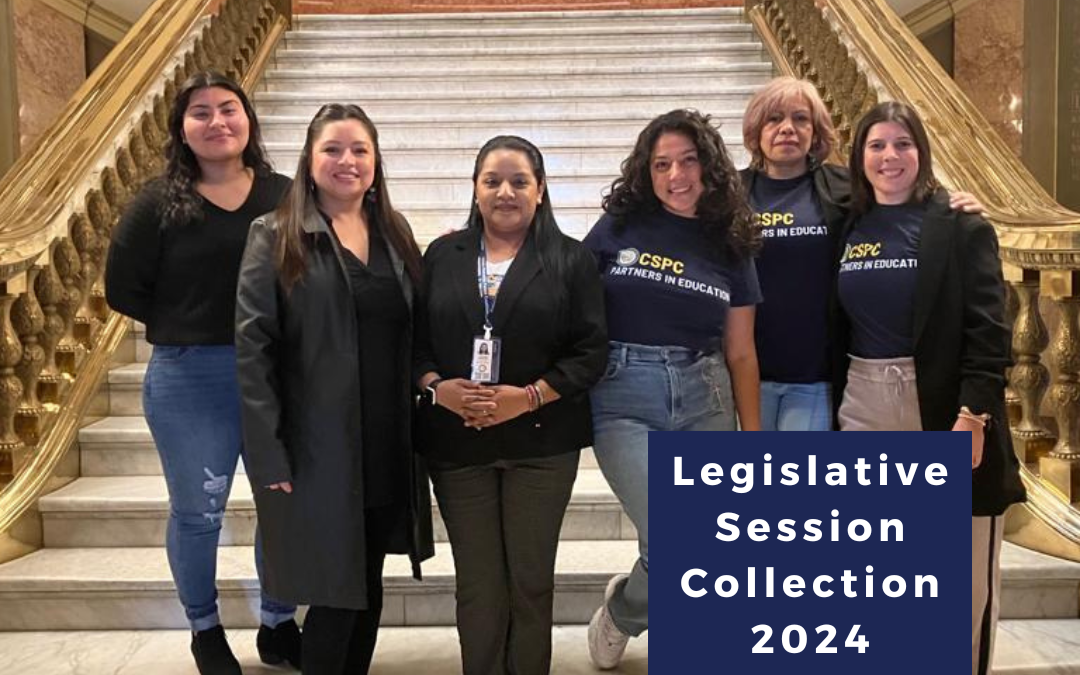
A First Timers Experience at the Colorado State Capitol
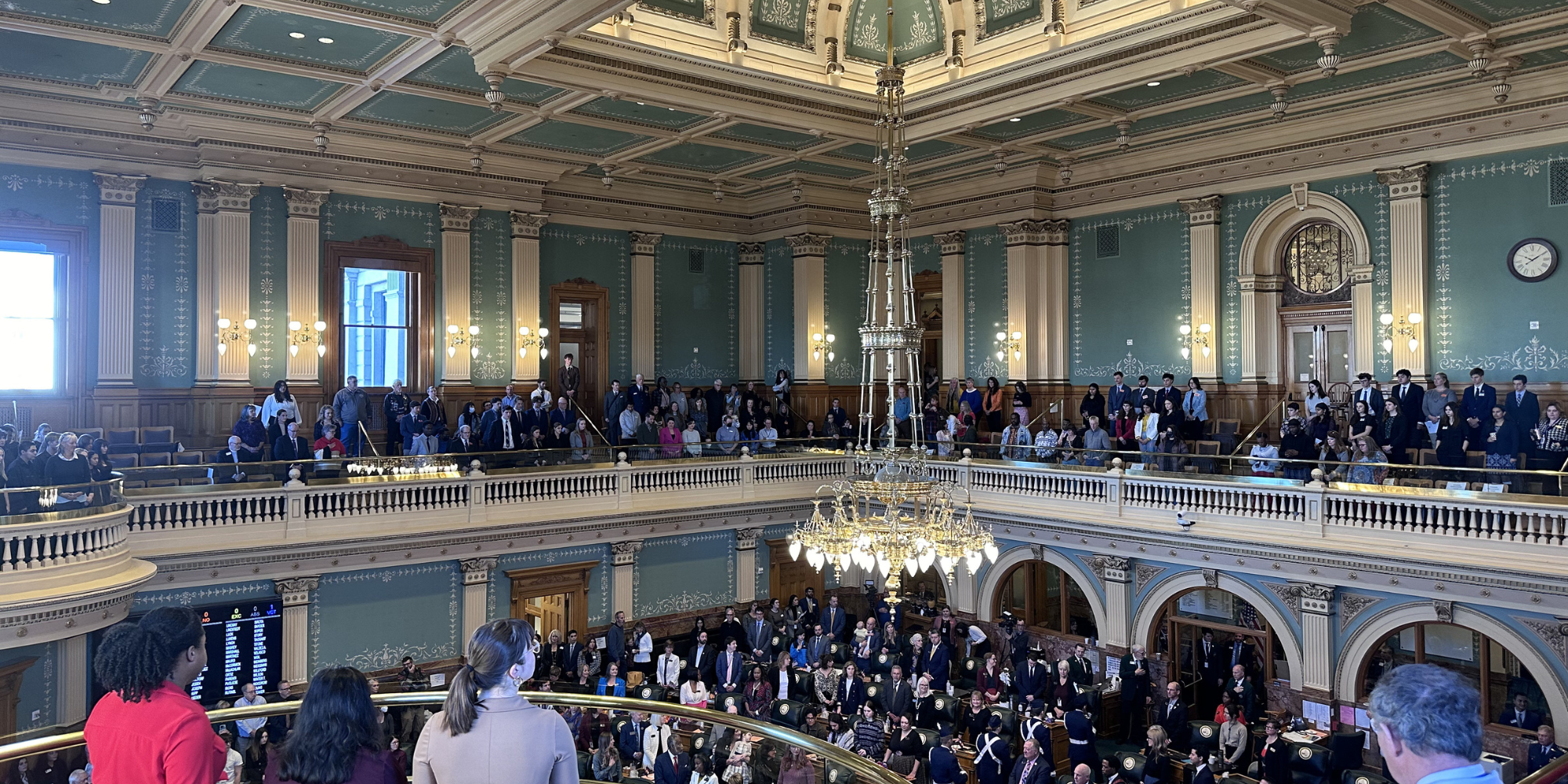
House of Representatives during opening session, 1/10/2024
A First Timers Experience at the Colorado State Capitol
By Leslie Sarabia Vasquez/Marketing and Communications Coordinator
Exploring the Colorado Capitol
I began my journey with Colorado Statewide Parent Coalition in December of 2023 as the Marketing and Communications Coordinator. Although I have only been with CSPC for little over a month, I have had great opportunities to learn more about what we do for the community and why we do it. On Wednesday, January 10th, I was able to join my fellow CSPC colleagues at the Colorado Capitol for the first day of the legislative session 2024. When I was first given this task of shadowing my colleagues, I had no idea what the legislative session was, and I had never been to the Colorado Capitol, even though I have only lived 20 minutes away my entire life. Many people, just like me, have never been to the Colorado Capitol and have a hard time understanding everything that happens within those walls. Visting the Colorado Capitol for the very first time can be scary, and I should know because that is how I felt, but that shouldn’t stop you from going and learning about what happens at the Colorado Capitol.
I always assumed that I had no reason to be there and that it wouldn’t benefit me in any way. On Wednesday, January 10th, all my opinions about Colorado’s government changed drastically. it is a ginormous building, filled with so many important people including you, a lot of history and beautiful artwork. When I arrived to the Capitol, I had to go through security to make sure I didn’t have any weapons. I saw all these people running around, trying to get to their offices, or to get a table and work. Since I went on a day that was very important, Opening Day, there were so many people, and it was interesting to see how many people wanted to be a part of the first day of the legislative session. The legislative session is open to anyone and if you haven’t been to one in person, I would encourage you to go.
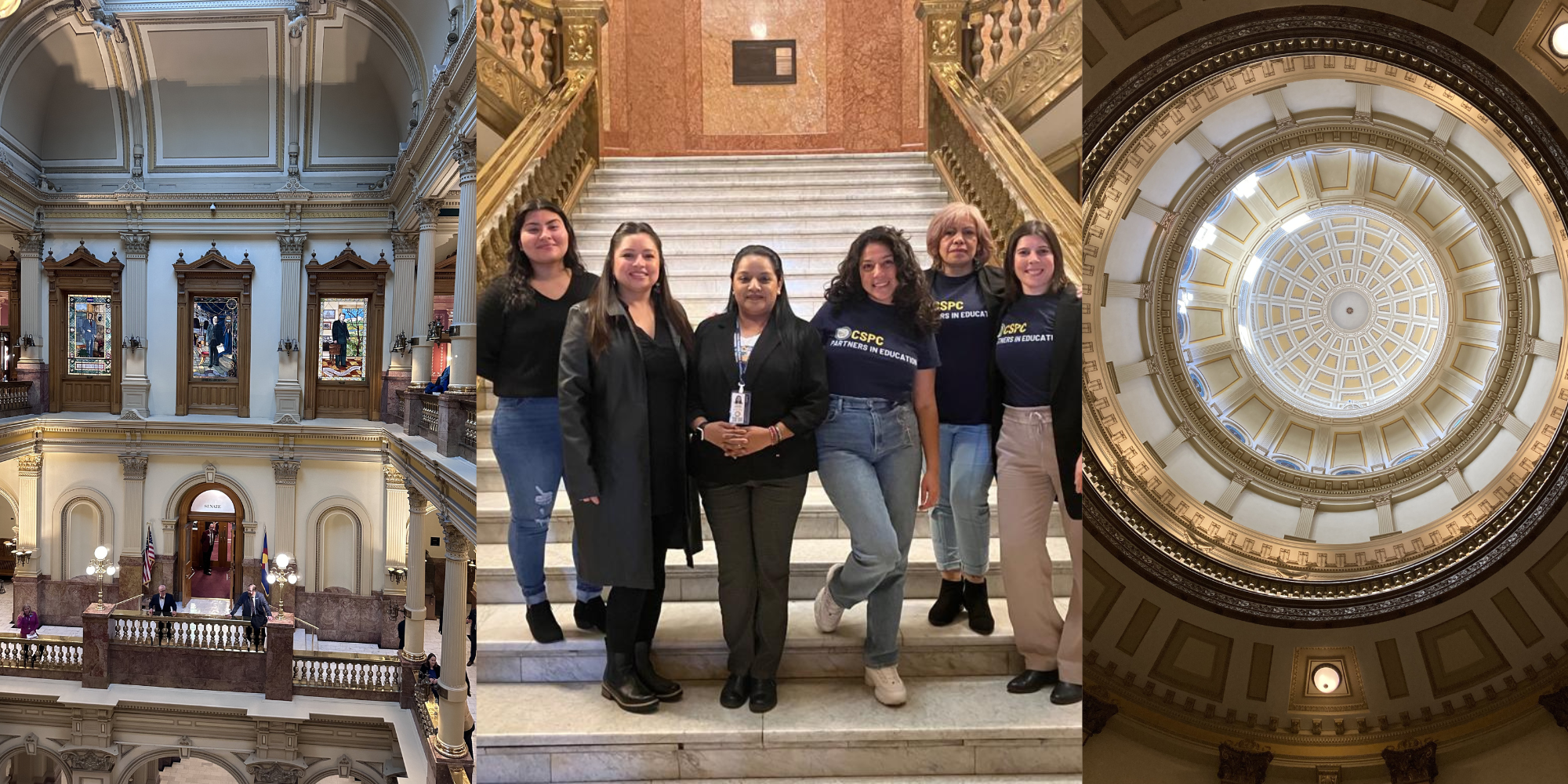
From right, Colorado’s capitol dome. CSPC team: Natalia Alvarez, Marina Cruz, Angelica Prisciliano, Claudia Sanchez, Laura Peniche, Leslie Sarabia. View of inside the capitol.
Discovering the Power of Civic Engagement
There are many procedures, rules and ceremony that make it hard to follow, especially if you are new to policy making. The session opened with calling the names of all the Representatives of the House to mark attendance. From there, it was hard to keep up, they began with voting on specific items and since I had no idea what these were, it was difficult to understand. This difficulty might have stemmed from the fact that I have not been as present as I need to in the policy department and that’s a change that I need to make. By figuring out a point to start to understand policy and all its factors, I can begin to not only help my team but also to help myself grow personally and professionally. It all starts with asking questions.
My fellow colleague, Angelica Prisciliano, CSPC’s Policy Director, was very helpful in answering my questions regarding what the legislative session is and why it’s important, why we had to be there and why those that are elected to represent us need to see us there.
Making Sense of the Legislative Process
“The Colorado legislative session is the period in which elected policy makers propose, discuss, and vote on proposed changes to the law, also known as bills. Bills are proposed in a variety of topics that impact all Colorado residents. Legislators discuss matters on education, health and safety, labor, environmental issues and more. The legislative process is an important part of how our government functions because it seeks to find agreement and representation of the people of Colorado. There are many ways to make your voice heard in the legislative process like coming down to the Colorado Capitol Building to meet your legislators and asking them to support proposed laws that impact you. No matter where you come from, your beliefs, or immigration status, your voice matters!” – Angelica Prisciliano

Colorado Statewide Parent Coalition (CSPC) strives to be part of a movement which fights for equity in education, helps build that support and empowerment for parents and childcare providers to learn about the system and change it. What I enjoy about working at CSP, is that they don’t just stop at identifying the problem. We work with our community to come up with a solution, they follow through with it and make it happen by coming together with the community and the people who work in policy to help start making positive impacts. After just working with CSPC for a little over a month, it’s clear that the connection between the work of CSPC and policy is a very important factor. Of course, I still have so much to learn about this connection and how it plays out exactly, but this topic area of policy is complex and will take time and patience to understand. Even if you have no idea what is happening half the time, all you need to do is ask questions and try to make connections with those who know about policy. And trust me, this process of learning this is going to be a long process, but in the end, it is worth it if you want to be a part of making a positive impact in your community. All you need is some time and patience because there are a lot of moving parts in this area.
Whether you know a little something about policy or you’re just interested in learning more about it, you can watch the recorded legislative session 2024 that took place on Wednesday January 10th at Watch Meetings: Colorado Channel
